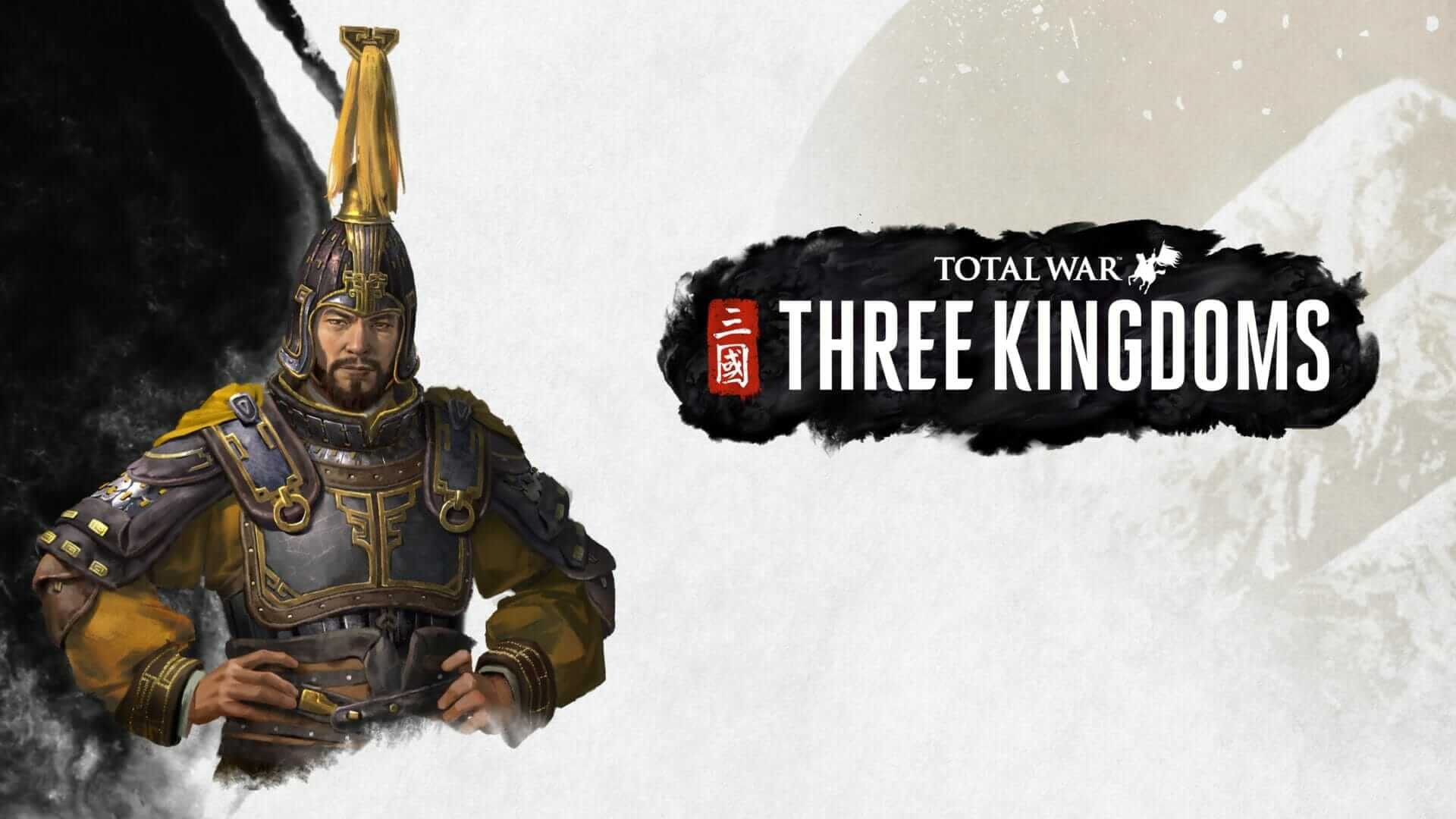
Total War: Three Kingdoms is the first Total War game I have played in almost a decade if you ignore my seventeen hours in Napoleon and fourteen in Shogun 2. And you should, because much like good whiskey, anything under 20 shouldn’t even be considered when talking about Total War.
I spent at least a couple hundred hours playing Medieval II over the years, and I remember it fondly. Back then, I didn’t have exact knowledge about how all the mechanics worked, but that did not stop me from having plenty of fun. I knew some troops were better than others at certain things, and this—along with creative usage of formations and big numbers—seemed to work in my favor most of the time.
It felt good to rule, to conquer, and to command troops in battle. And it still feels good doing it here, in Three Kingdoms, even though so much has changed.

As any teenager with internet access can tell you, Romance of the Three Kingdoms is a 14th-century Chinese historical novel that dramatizes the almost century-long conflict between the forces struggling for power in feudal China. It might not be that known in the West, but it is among the most beloved works of literature in East Asia, and it spanned countless adaptations in different formats over the years, the most famous in gaming perhaps being the Dynasty Warriors series.
It felt good to rule, to conquer, and to command troops in battle. And it still feels good doing it here, in Three Kingdoms, even though so much has changed.
The 800,000 words novel has now found its way into the Total War franchise, bringing along its blend of authentic history and legendary myth. The game feels like an epic tale that unwraps itself as you play, with your decisions and battles being the center of the narrative.

Instead of the abstract representation of a nation, you play as a single character who acts as the ruler of a chunk of land and the leader of a faction, and this helps to keep things personal. You have to choose between 11 possible starting characters, each with their court of family members and noteworthy characters, as well as beginning difficulties and unique mechanics.
The character Cao Cao, for example, is a Strategic Mastermind that focuses on diplomatic manipulation. His specialization is called Credibility and allows the player to incite proxy wars and influence diplomatic relations between factions. Sun Jian, on the other hand, is known as the Tiger of Jiangdong, and possess Heroism, which decreases unit recruitment and upkeep costs and increases the satisfaction of characters under him.
Regardless of which ruler you choose, though, your final objective will be the same: the reunification of the Three Kingdoms, by any means necessary.
(TOTAL) WAR NEVER CHANGES

While superficially Total War: Three Kingdoms might look a lot like other titles of the series, combat dynamics can change a lot based on which one of the two available modes you choose to play in.
Romance Mode makes battles feel like an epic action movie. Your Generals(which you can only have three of in each army) are single unit heroes with special abilities who can face entire battalions of troops by themselves. They are a force to be reckoned with in the field and can duel enemy Generals as well, making for some cool moments. They also exchange verbal threats and tease each other, and their rivalries can carry on throughout encounters.
Records Mode feels more like a traditional Total War experience. Generals are more vulnerable and ride into battle accompanied by their bodyguards. Duels cannot happen, and all troops are more prone to fatigue.
Both modes have their merits; it depends largely on your own preferences, but I feel it is a good thing that players are given the choice. Battles can also be auto resolved if you want to focus more on the overmap strategy aspects of the game, but only by joining the fray and commanding your troops in the field can you turn the odds of a battle in your favor.

Generals and other court members can gain experience and increase their levels, opening up new skills for you to purchase. You can also equip them with things called “Ancillaries ”, which consist of weapons, armor, mounts, followers, and accessories that give specific bonuses to those characters, improving their performance on the battlefield and outside of it. They also have their own stats, personalities, ambitions and relationships, and their willingness to serve you might change according to those factors.
While superficially Total War: Three Kingdoms might look a lot like other titles of the series, combat dynamics can change a lot based on which one of the two available modes you choose to play in.
SPEAK SOFTLY AND CARRY A BIG STICK

If the supreme art of war is to subdue one’s enemy without fighting, then there is no better way to achieve this than through Diplomacy. In Three Kingdoms it is, paradoxically, both complicated and easy to use. The Diplomacy tab offers you the option to Negotiate or perform a Quick Deal, and here once again the game finds a way to please two distinct types of players by providing them the choice of how to play it.
Negotiate allows you to reach out to any faction leader you have access to and manually craft your own detailed deal using the dozens of parameters available, which are divided into six categories(War, Peace, Trade and Marriage, Vassals, Alliances, Diplomatic Treaties and War Co-Ordination) and can be combined in many ways.
Quick Deal, on the other hand, streamlines the process of reaching an agreement, and it does so in a deterministic way. Not only does it gray out all the options which wouldn’t work, but it also offers the “Make this work” button, a choice that tells you exactly what will be required for a particular agreement to happen.
In both options, the chances of success are heavily impacted by the weight of your demands and how the other faction leader perceives your character’s past actions and personality. There are various circumstances to be considered, and a large discrepancy often results in the other side asking for more money, ancillaries or even territories from you to balance the scale in their favor.
Diplomacy is the perfect way to circumvent or delay a conflict, gather allies, strengthen your position and bide your time. But if it isn’t enough to help you deal with a particular problem that can’t be solved on the battlefield, there’s always the possibility of treachery.
CURSE YOUR SUDDEN BUT INEVITABLE BETRAYAL

Spycrafting takes time. First, you need to find someone among your court willing to act as a spy somewhere else. Then, you need to infiltrate that person into that faction, and after that, you need to hope that such a person is not found out and executed. Or worse, used as a double agent against you.
Whoever you choose as a spy candidate won’t start gathering intel until the targeted faction recruits them. To increase the chances of this happening, you can use high-level characters as bait, or equip spies with ancillaries that favor espionage. Once they are inside, they can start performing actions depending on the position they find themselves in and how many Undercover Network and Cover points there are available to spend. The first is a global resource, and the second is individual to each spy. Some options might require only one of those currencies, but most require a bit of each.
This is a very interesting system that adds another strategic layer to the game, making it a more complete experience. Along with the new Diplomacy, I feel it is a welcomed addition.
Overall, I find that Total War: Three Kingdoms is a beautiful game in all its aspects, one that grants its players with enough choices and possibilities to have a unique, memorable experience every time it starts a new playthrough.








2 thoughts on “Total War: Three Kingdoms – Review”